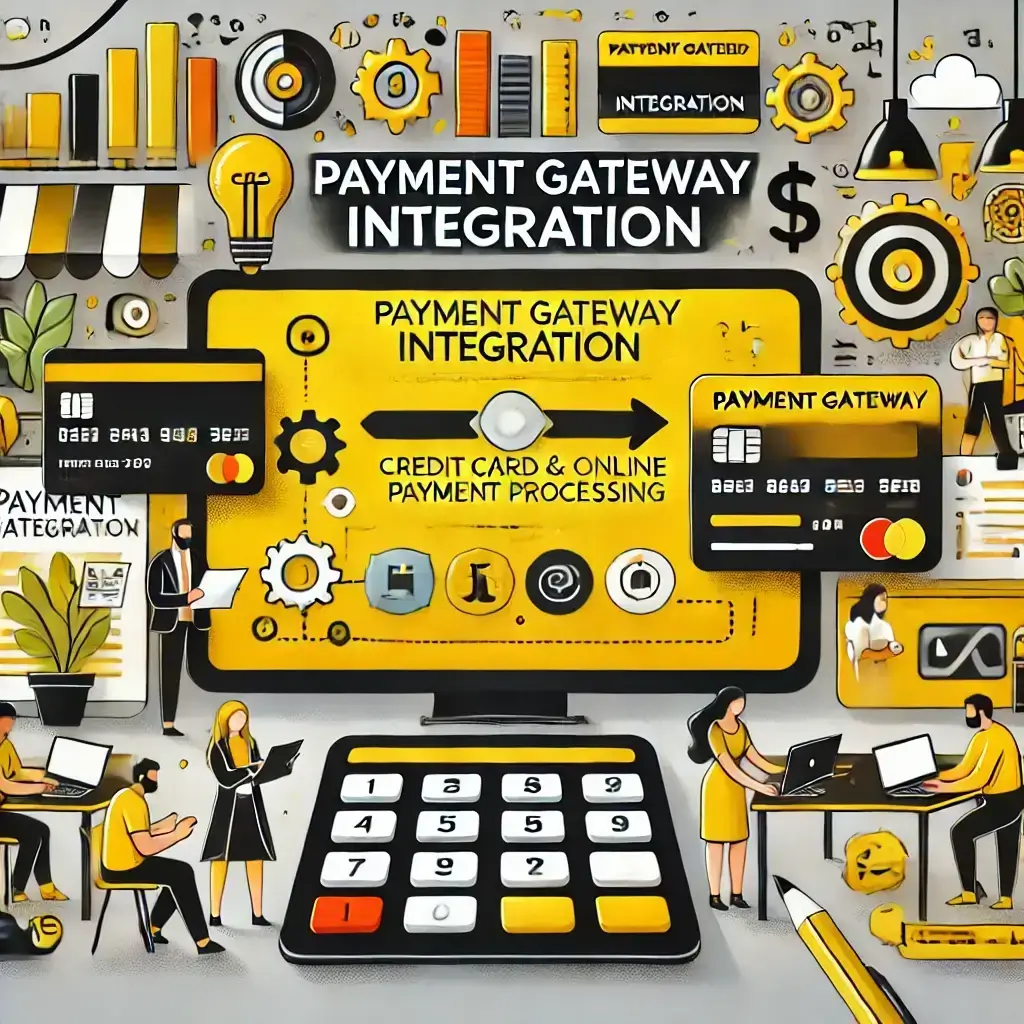Payment gateway integration requires implementing the gateway's API (Application Programming Interface) into the merchant's website or application, which allows the website or application to communicate with the gateway to process transactions. Payment gateway integration can also include additional features such as fraud detection and prevention, recurring billing, and the ability to issue refunds or void transactions.
Payment gateway integration services are needed for a number of reasons:
1.Security: Payment gateway integration services provide an additional layer of security for online transactions by encrypting sensitive customer information, such as credit card numbers and addresses, to protect them from theft and fraud.
2.Convenience: Payment gateway integration services allow customers to make purchases directly from a merchant's website or application, without having to leave the site to make a payment.
3. Compliance: Payment gateway integration services help merchants comply with industry regulations, such as the Payment Card Industry Data Security Standard (PCI DSS), which sets standards for the handling of credit card information.
4.Scalability: Payment gateway integration services can handle a large volume of transactions and can scale up as needed, which is particularly useful for businesses that experience seasonal spikes in sales.
5.Flexibility: Payment gateway integration services can be customized to meet the specific needs of the business, such as adding additional features like recurring billing or fraud prevention.
6.Reliability: Payment gateway integration services provide a reliable and efficient way to process payments, which can help to reduce the risk of lost sales due to technical issues.
Overall, Payment gateway integration services provide a secure and efficient way for businesses to process payments, while ensuring compliance and scalability, which is important for any e-commerce business or websites.
